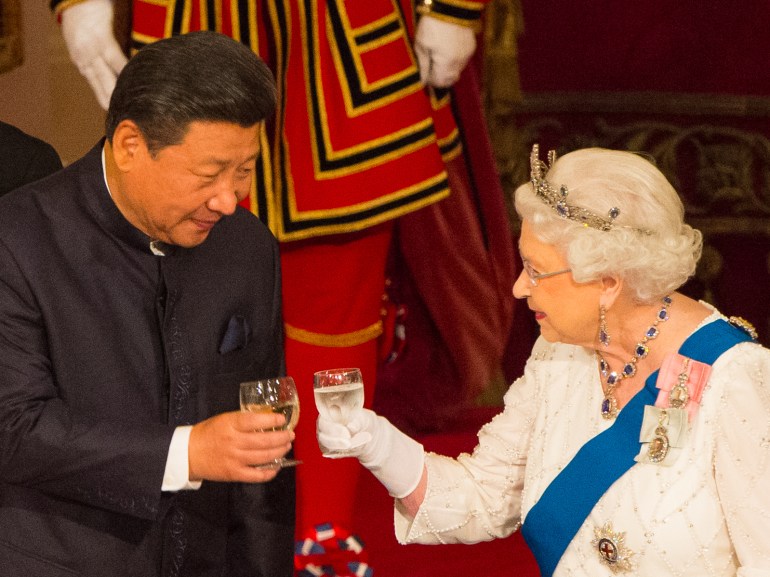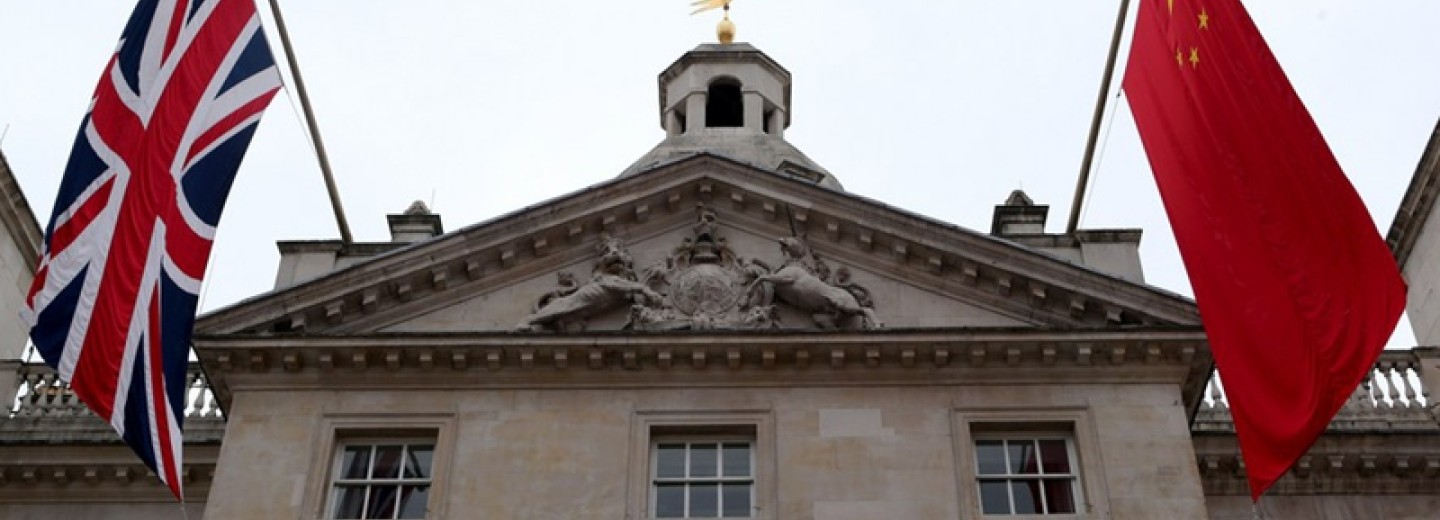UK China strategy
The UK’s China relationship – a strategic void?
The UK’s House of Lords International Relations and Defence Committee recently published a report on the Committee’s 2021-22 session. The report examines the UK-China relationship and makes 63 recommendations. Some people question the value of the House of Lords. It survives and has value because successive democratic governments have seen the importance of an independent body of expertise and experience. The Lords use this expertise without the need to consider their re-election prospects. They are open-minded in the interests of the people of the United Kingdom.
Introduction
Having interviewed almost 60 ‘witnesses’ with a wide range of views, the report opens:

China’s historical relationship with the UK was not always good. There was a ‘golden era’under the Cameron government (2010-2016). Since then, tensions have increased because of the situation in Hong Kong, but also human rights concerns in Xinjiang and security concerns at home.
Indeed, the report is riddled with examples of just how difficult it would be to set out this ‘clear position’.
Key strategic themes
In clarifying what might be a coherent strategic approach, the report acknowledges:
The report notes:
- ‘Conclusive evidence’ that China poses a significant threat to the UK’s interests.
- That uncertainty over Taiwan could lead to conflict between the USA and China. “There may be little that the UK can do directly to affect the issue… but it should think carefully about its position should such a conflict occur.”
- A consensus among witnesses is that China is dissatisfied with the current international rules-based system. It seeks a system more suited to its needs, almost certainly to the detriment of the UK’s interests.
- The need to assemble “a group of nations with sufficient aggregate political, economic and scientific power to counter that of China and successfully to influence uncommitted nations.” The UK can do little on its own.
- That such an approach would cause China to retaliate and that the UK would suffer if it were not prepared for this.
- That the UK should seek to trade with China and co-operate on important global issues. “However, questions of human rights are also likely to affect our wider relationship with China.”
- (Somewhat naively) that “the degree to which our relationship with China is one of contest rather than cooperation depends upon the path that the CCP (Chinese Communist Party) chooses to follow.” It surely also depends on the path that the UK chooses to follow.
The report frequently refers to the question of ‘human rights’.
Human rights
Unfortunately, here the report is no more helpful than the Government it criticises. This is not surprising, since arguments about what are and are not ‘basic human rights’ occur daily everywhere. ‘Is it my human right to block one of the UK’s busiest highways in the name of environmental protection?’ ‘Do human rights allow me to damage property and throw petrol bombs in the name of democracy in Hong Kong?’ ‘Does strict interpretation of the Muslim Sharia law inhibit my human rights as a woman?’ ‘My human rights were denied me when I was arrested for protesting against the fraudulent removal of the rightful President of the USA’.

The International Declaration of Human Rights purports to set global standards. But, as we wrote over a year ago in our post Modern Missionaries, those who drafted and promoted the Declaration, were almost all from western backgrounds. As George Osborne, the UK’s Chancellor of the Exchequer from 2010 to 2016, told the Committee: “if we only deal with countries that share our values we will, sadly, have a pretty limited range of countries that we engage with.”
Societies have different values and standards. The world needs international trade and investment to be economically sound. And – let us be clear – 7.5 billion human beings will not survive without a thriving global economy. The International Defence Committee of the House of Lords carefully and thoroughly explores the conflicting priorities and values of the UK and China. It urges the Government to develop and publish a comprehensive ‘China strategy’ to include human rights. Yet, the conflicting views of its witnesses ably demonstrate why that would be almost impossible and probably wrong.
A better way
By trying to grapple with different human rights, values, and vague moral and philosophical standards, most of which are debatable, the report leads us into the same muddle its writers believe affects the UK Government. Worse, it detracts from the more important points.
Here, surely, is the heart of it all.
Paragraph 268 reads:
It would be tragic if the UK allowed this to happen. All would suffer. Let us hope that the UK Government accepts the House of Lords report and develops an unequivocal strategy of continuing engagement with China.
Worked on the article:

Wanlikhang





